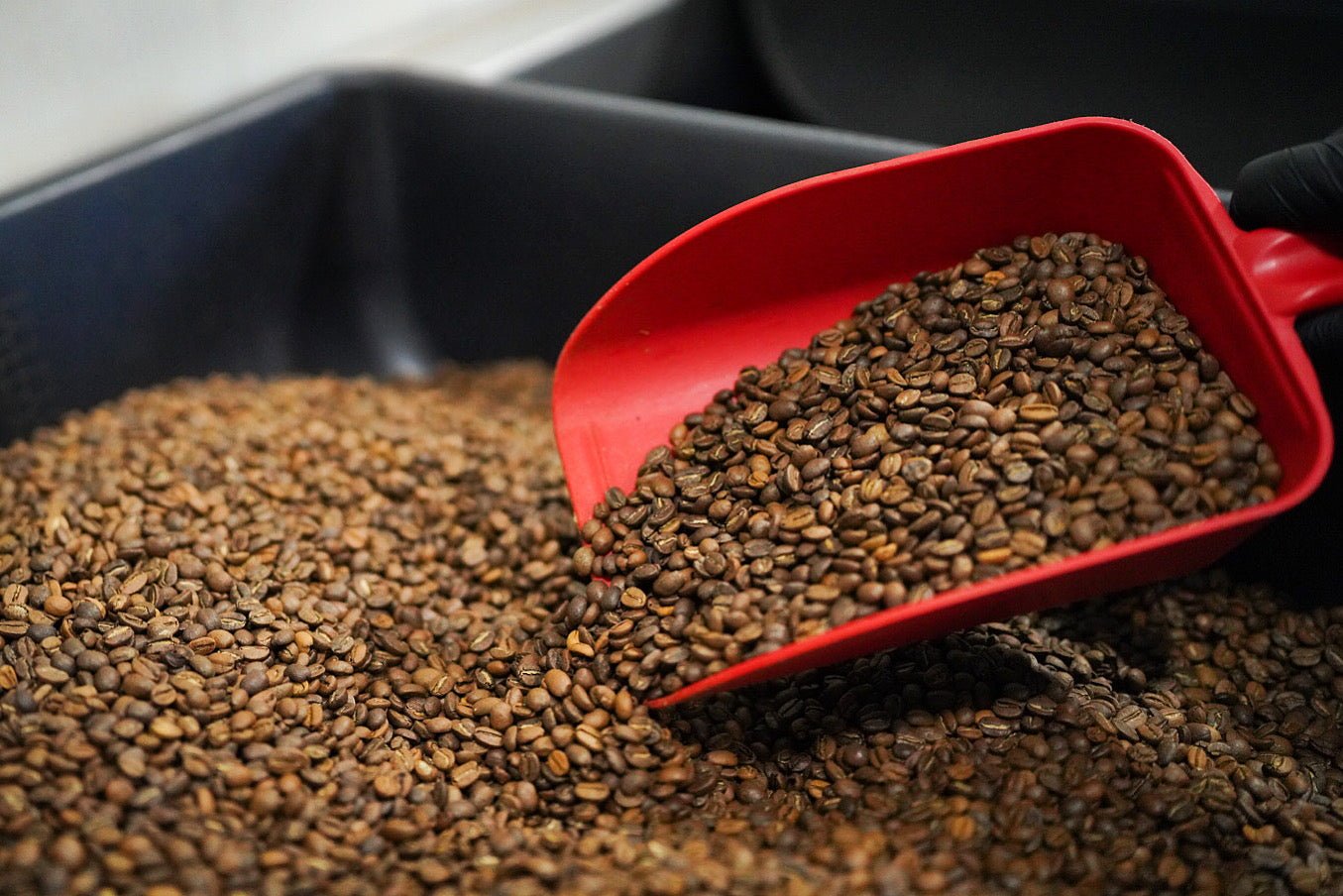High blood pressure, also known as hypertension, is a condition in which the force of blood against the walls of the arteries is consistently too high. It is a significant risk factor for heart disease, stroke, and other serious health conditions. Many people are concerned about whether coffee consumption can raise blood pressure. In this article, we will explore the relationship between coffee and blood pressure, examining the current research to determine whether coffee is a significant risk factor for hypertension.
First, it is important to understand the factors that contribute to hypertension. In many cases, high blood pressure is caused by lifestyle factors such as poor diet, lack of exercise, and stress. However, genetics and certain underlying health conditions can also play a role. One factor that is sometimes blamed for hypertension is caffeine, which is present in coffee as well as tea, chocolate, and many other foods and beverages.
Caffeine is a stimulant that works by blocking the effects of a neurotransmitter called adenosine, which promotes relaxation and sleep. By blocking adenosine, caffeine can increase alertness, concentration, and energy levels. However, it can also have side effects such as increased heart rate, jitters, and anxiety. Some people are more sensitive to caffeine than others, and may experience these side effects even with small amounts of coffee.
Given these effects of caffeine, it is natural to wonder whether coffee consumption can raise blood pressure. Some studies have suggested that caffeine can cause a temporary increase in blood pressure, particularly in people who are not used to consuming caffeine. However, the evidence is mixed and not all studies have found this effect.
A systematic review published in the American Journal of Clinical Nutrition in 2001 found that caffeine intake was associated with a small but significant increase in blood pressure. However, the effect was stronger in people who did not usually consume caffeine than in regular coffee drinkers. In addition, the effect was less pronounced in people with hypertension than in people with normal blood pressure.
A more recent meta-analysis published in the European Journal of Epidemiology in 2017 found that habitual coffee consumption was not associated with an increased risk of hypertension. The study analyzed data from 12 cohort studies involving over 280,000 participants, and found no significant association between coffee consumption and the incidence of hypertension. The authors note that the findings are consistent with previous studies, and suggest that habitual coffee consumption is unlikely to be a significant risk factor for hypertension.
It is worth noting that the effects of coffee on blood pressure can vary depending on individual factors such as age, gender, and overall health status. In addition, coffee is not the only source of caffeine in the diet, and other sources such as tea and chocolate can also contribute to caffeine intake. For these reasons, it is important to consult with a healthcare provider to determine the most appropriate dietary choices for individual health needs.
In conclusion, while some studies have suggested that caffeine intake can cause a temporary increase in blood pressure, the evidence is mixed and not all studies have found this effect. Current research suggests that habitual coffee consumption is not associated with an increased risk of hypertension, and may even have some health benefits. However, it is important to consider individual factors and consult with a healthcare provider to determine the most appropriate dietary choices for optimal health.


